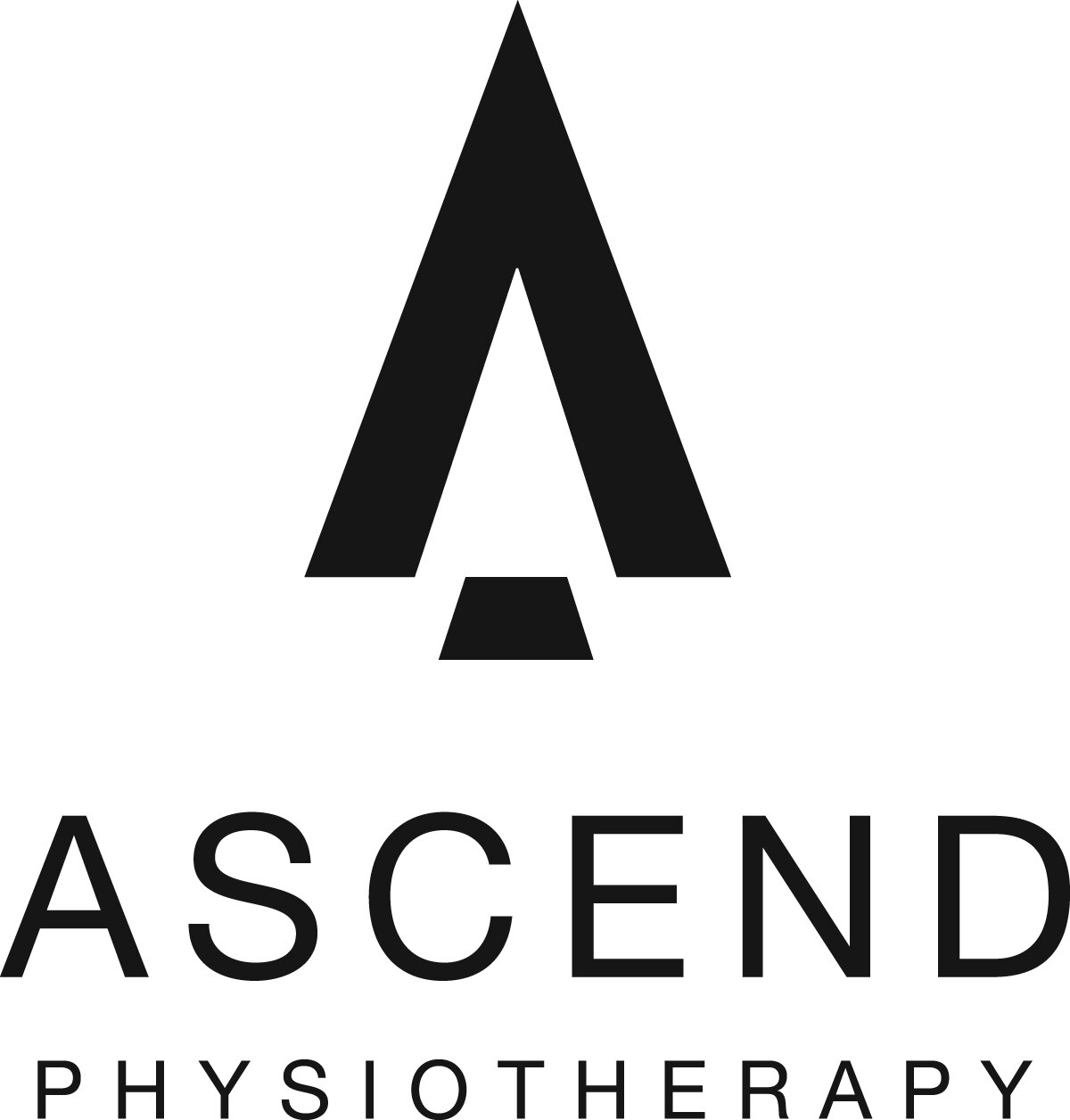Finding Relief from TMJ Pain: How Physiotherapy Can Help
Do you experience persistent headaches, neck pain, or jaw discomfort? Temporomandibular Joint (TMJ) issues can have a profound impact on your daily life, but rest assured, you're not alone on this journey to healing.
Understanding the TMJ Connection
The temporomandibular (TMJ) joint is an intricate hinge that connects your jaw to your skull. Its smooth operation is vital for everyday activities like speaking, eating, and even smiling. But when this joint isn't functioning optimally, it can lead to a range of issues that affect your overall comfort. Some common complaints are:
Headaches: Frequent tension headaches, often felt in the temples or forehead, can be traced back to TMJ issues. The discomfort spreads from the jaw joint, affecting nearby muscles and nerves, resulting in those persistent headaches.
Neck Pain: The close relationship between the head and neck means that TMJ dysfunction can contribute to neck pain. The jaw and neck share muscles, so when one experiences imbalance, it can trigger discomfort in the other.
Jaw Pain: Jaw pain can be particularly distressing. It may manifest as a constant ache, sharp pain when chewing, or clicking and popping sounds when you open your mouth.
What can Physiotherapy do to help?
At Ascend, we have physiotherapists who specialize in TMJ treatment, offering a compassionate approach to address the underlying causes of your discomfort. After a thorough assessment, your personalized treatment plan may include: gentle manual therapy, tailored exercises, and healing modalities, all designed to alleviate pain, improve jaw function, and reduce headaches and neck pain. A huge component of managing TMJ issues is education on how to manage your symptoms and to learn strategies to prevent future issues.

